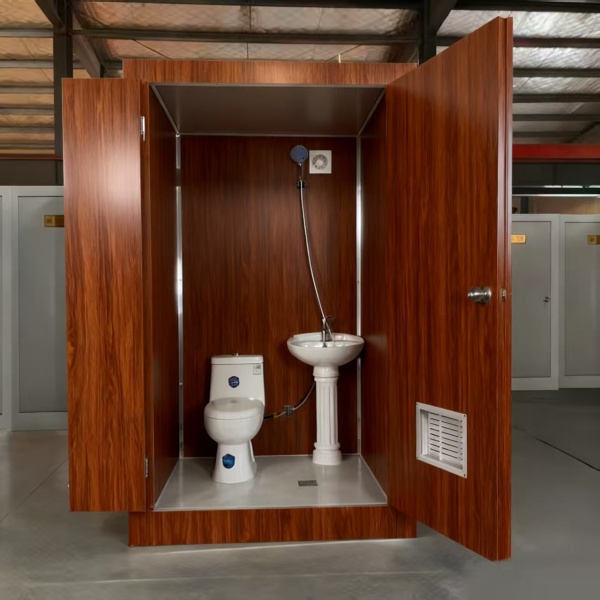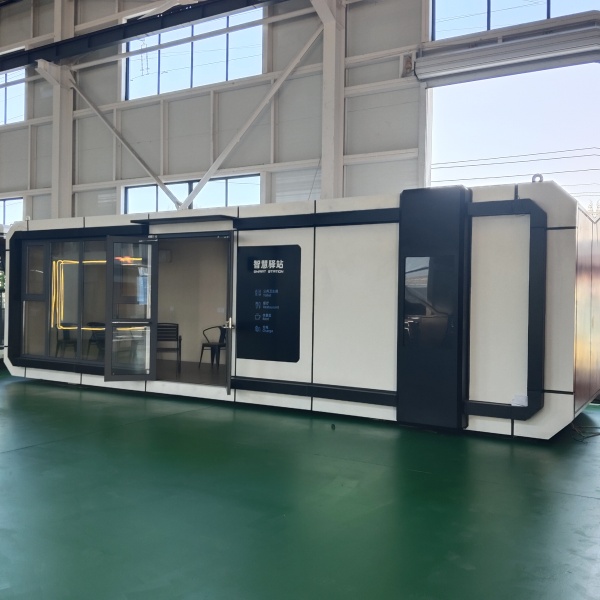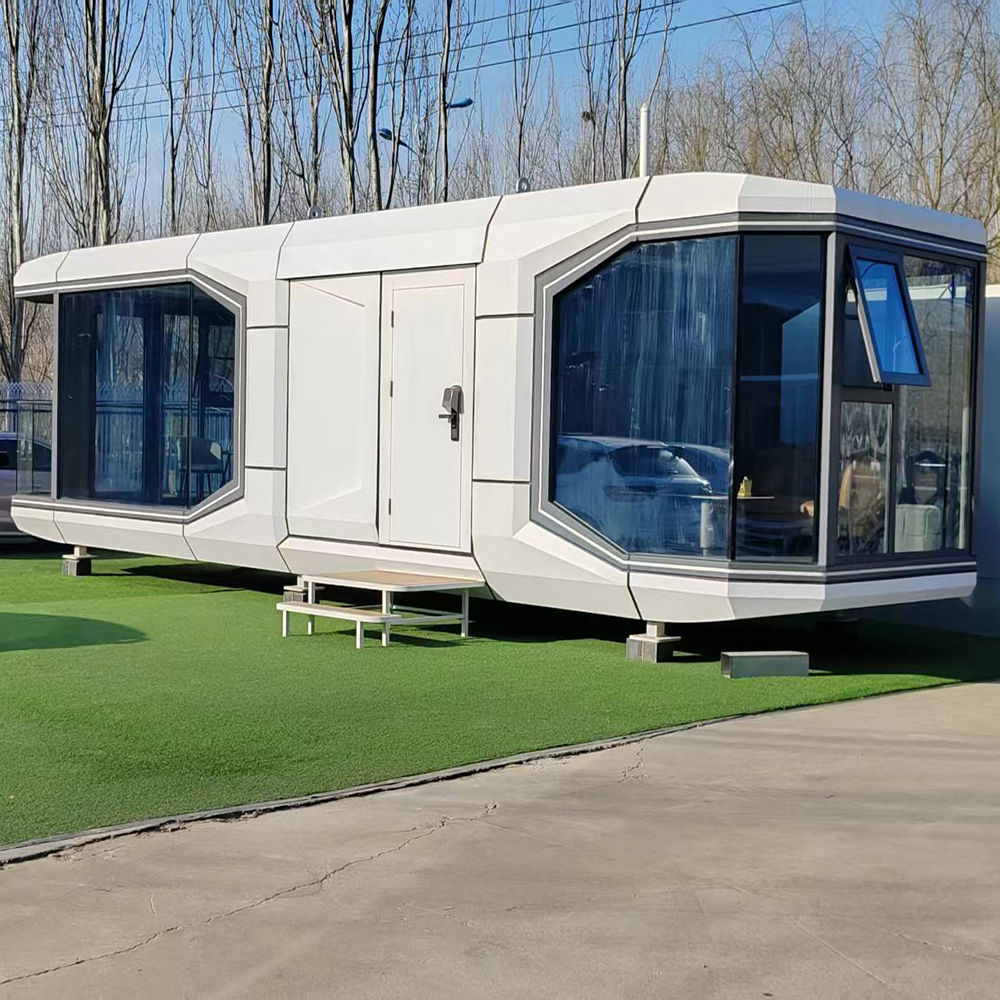-
E-mail
Austin120521@outlook.com -
E-mail
sales@jujiuhouse.com -
Telephone
+86-17864099991 -
Telephone
+86-17854044442
- Chinese
- French
- German
- Portuguese
- Spanish
- Russian
- Japanese
- Korean
- Arabic
- Irish
- Greek
- Turkish
- Italian
- Danish
- Romanian
- Indonesian
- Czech
- Afrikaans
- Swedish
- Polish
- Basque
- Catalan
- Esperanto
- Hindi
- Lao
- Albanian
- Amharic
- Armenian
- Azerbaijani
- Belarusian
- Bengali
- Bosnian
- Bulgarian
- Cebuano
- Chichewa
- Corsican
- Croatian
- Dutch
- Estonian
- Filipino
- Finnish
- Frisian
- Galician
- Georgian
- Gujarati
- Haitian
- Hausa
- Hawaiian
- Hebrew
- Hmong
- Hungarian
- Icelandic
- Igbo
- Javanese
- Kannada
- Kazakh
- Khmer
- Kurdish
- Kyrgyz
- Latin
- Latvian
- Lithuanian
- Luxembou..
- Macedonian
- Malagasy
- Malay
- Malayalam
- Maltese
- Maori
- Marathi
- Mongolian
- Burmese
- Nepali
- Norwegian
- Pashto
- Persian
- Punjabi
- Serbian
- Sesotho
- Sinhala
- Slovak
- Slovenian
- Somali
- Samoan
- Scots Gaelic
- Shona
- Sindhi
- Sundanese
- Swahili
- Tajik
- Tamil
- Telugu
- Thai
- Ukrainian
- Urdu
- Uzbek
- Vietnamese
- Welsh
- Xhosa
- Yiddish
- Yoruba
- Zulu
- Kinyarwanda
- Tatar
- Oriya
- Turkmen
- Uyghur

China fold out tiny house
Exploring the World of China Fold Out Tiny Houses
In the ever-evolving landscape of modern housing, China fold out tiny house solutions have emerged as a fascinating focal point. These innovative homes aren't just about compact living—they’re a showcase of smart design and practicality. Yet, misconceptions abound, especially regarding their structural integrity and long-term viability. Let’s dive into the nuts and bolts, drawing from real experiences and examples that highlight their potential and challenges.
Understanding the Fold Out Phenomenon
The concept of a fold out tiny house might sound like a novelty at first, but it represents a blend of portability with everyday functionality. Think of them as the Swiss army knives of the housing world. Shandong Jujiu Integrated Housing Co., Ltd., a leader in this domain, offers models that unfold efficiently, emphasizing ease of installation without sacrificing comfort. This versatility is particularly appealing for rapidly developing areas or transient urban populations.
I've seen these structures firsthand at construction sites and during modular home fairs. The idea is simple: a compact unit that transports easily and quickly expands into a more liveable space upon arrival. This makes them ideal for emergency shelters and temporary accommodations, which is why they often attract interest from municipal governments and NGO projects.
However, it's not all rosy. Many are concerned about their sustainability and durability, especially in adverse weather conditions. Yet, companies like Jujiu are tackling these issues head-on, utilizing durable materials and innovative designs to withstand various climates.
Real-World Applications and Innovations
Working within the industry, I've observed these fold out homes being utilized in diverse settings—from remote workstations to luxury camping Pods. Their appeal lies in their adaptability. With companies like Shandong Jujiu Integrated Housing Co., Ltd. at the forefront, there's a push towards integrating advanced materials and smart technology to enhance occupant experience.
A personal anecdote comes to mind: during a project for a travelling exhibit, the fold out housing solution provided not only a practical form of accommodation but a conversation starter as well. People were intrigued by its compact travel form and surprised by the spaciousness once unfolded.
Yet, installation isn't always a breeze. Despite their straightforward assembly process, these houses demand precise handling and a good grasp of the instructions. Missteps can lead to compromised stability or inefficiencies in insulation. This is where industry expertise becomes invaluable.
Challenges and Considerations
Adapting to local building regulations poses one of the most significant hurdles. Each region may have its own set of rules governing construction and habitation, affecting how these structures are used. Collaboration with local authorities often becomes a necessity to ensure compliance, which can be time-intensive.
Then there’s the matter of customization. While the fold out design provides a basic structure, personalizing these homes to fit specific lifestyle needs can escalate costs—sometimes unexpectedly. Balancing customization with budget constraints requires careful planning and often, expert guidance.
Perhaps the most nuanced challenge is public perception. As fold out homes gain traction, distinguishing them from mere temporary solutions to sustainable living options is crucial. Shandong Jujiu's commitment to quality and innovation is gradually reshaping this narrative, aiming to position these homes beyond just stopgap measures.
Future Prospects and Industry Trends
The fold out tiny house sector is poised for growth, driven by a rising demand for sustainable and flexible housing. Companies like Shandong Jujiu Integrated Housing Co., Ltd. are spearheading innovation, focusing on eco-friendly materials, and energy-efficient solutions to meet contemporary needs.
Emerging trends suggest a shift towards hybrid models that incorporate solar panels and water recycling systems, making these homes nearly self-sufficient. Such advancements could redefine off-grid living and offer tangible solutions to housing shortages globally.
In conclusion, while not without its challenges, the China fold out tiny house phenomenon offers exciting possibilities in the housing landscape. It’s a sector to watch as it continues to innovate and adapt to the demands of modern living, promising dynamic changes in how we conceive and utilize living spaces.
Conclusion: Embracing Change in the Housing Market
It's hard to ignore the potential of fold out tiny houses as they reshape traditional housing concepts. As someone who’s seen these homes in action, there's a palpable excitement in witnessing how they're redefining space and mobility. Certainly, the journeys of innovators like Jujiu are inspiring more players in the industry to reconsider how we approach housing, pushing boundaries and encouraging a more sustainable and flexible approach to living.
So, next time you hear about a fold out tiny house, remember: it’s more than just smart design—it’s the future of adaptable, modern living.
Related products
Related products
Best selling products
Best selling products-
 Waterproof folding container house – mobile accommodation for campsites/scenic spots
Waterproof folding container house – mobile accommodation for campsites/scenic spots -
 Customized Expandable Container House Holiday Home Folding Prefab Container House with Bathroom and Kitchen
Customized Expandable Container House Holiday Home Folding Prefab Container House with Bathroom and Kitchen -
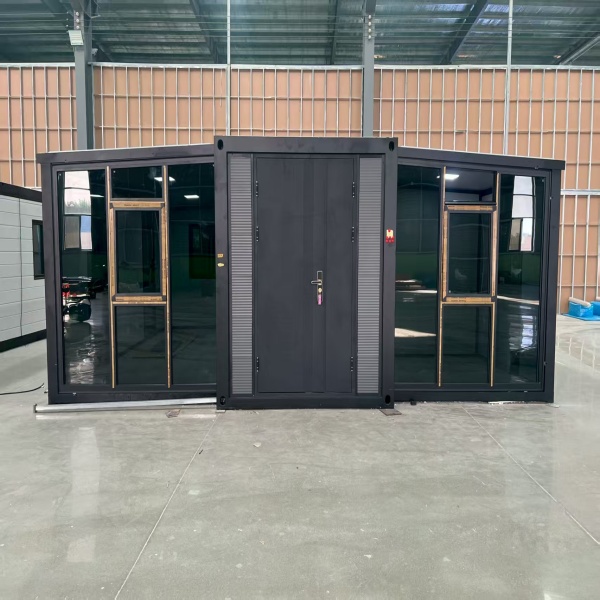 Customizable Office Mobile Home with Flat Roof and Double Wing Expansion Box, Convenient Container
Customizable Office Mobile Home with Flat Roof and Double Wing Expansion Box, Convenient Container -
Two Wing Folding Expandable Container House
-
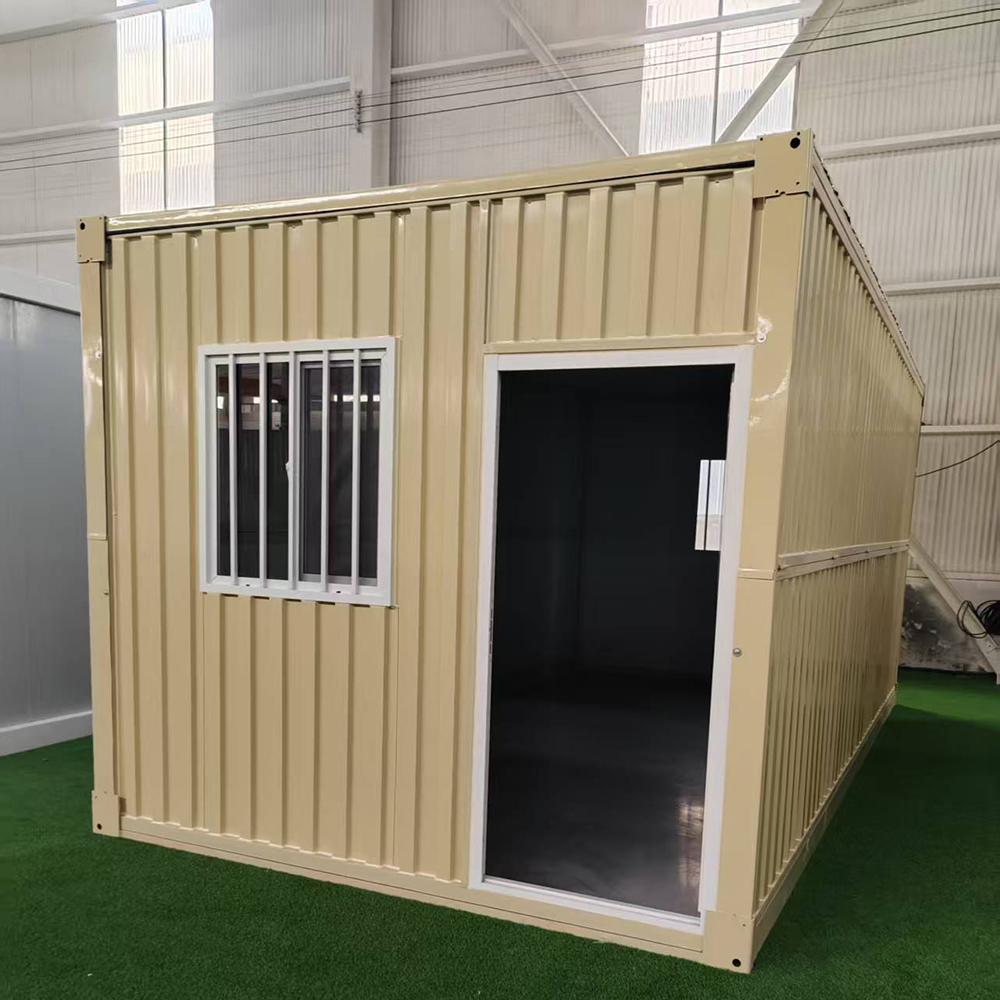 Competitive Price Portable Container House Foldable Container Mobile Living Modular Homes
Competitive Price Portable Container House Foldable Container Mobile Living Modular Homes -
 Luxury Foldable Two Story Container House for Glamping Resort and Villa Hotel
Luxury Foldable Two Story Container House for Glamping Resort and Villa Hotel -
 Customized Two Wing Folding Expandable Container House
Customized Two Wing Folding Expandable Container House -
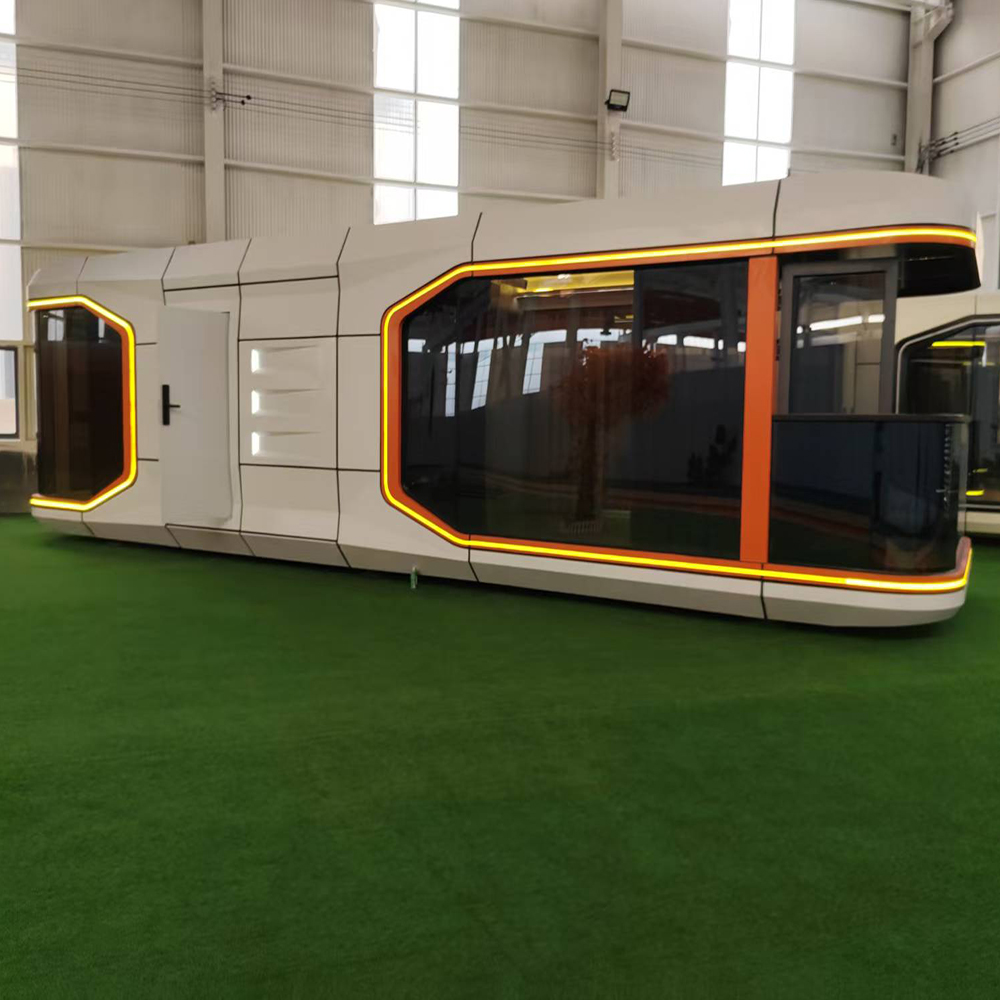 Standard Modern Camping Pod Space Prefabricated Portable Mobile Capsule Room Hotel Bathroom Prefabricated Spaceship House
Standard Modern Camping Pod Space Prefabricated Portable Mobile Capsule Room Hotel Bathroom Prefabricated Spaceship House -
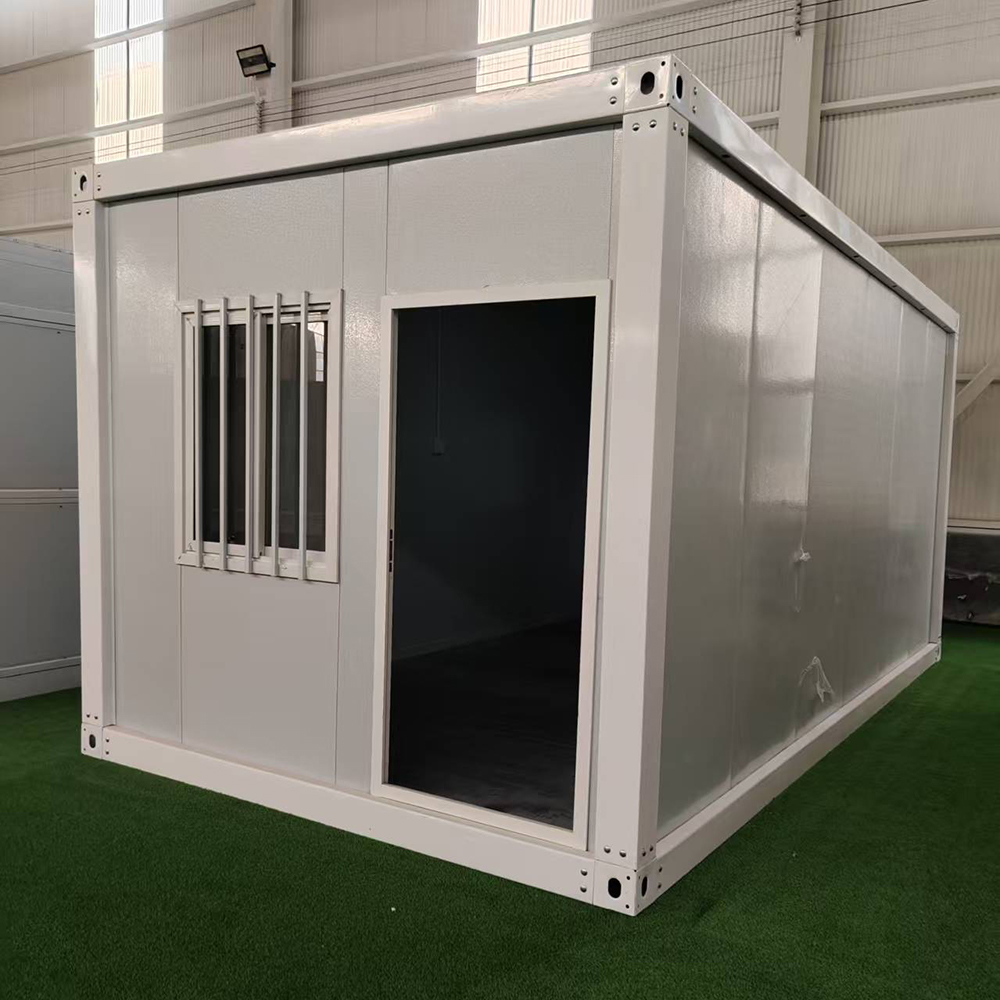 Folding Container Moving House Modular Office Container House Prefab Container for Outdoor Use
Folding Container Moving House Modular Office Container House Prefab Container for Outdoor Use -
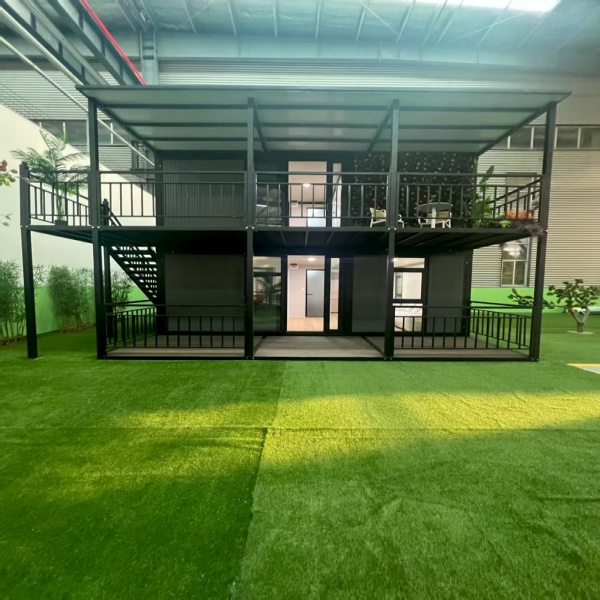 Luxury foldable two-story container houses in luxury resort hotels and villa hotels
Luxury foldable two-story container houses in luxury resort hotels and villa hotels -
 A container house with a terrace and double-wing folding design, suitable for various purposes such as offices, meeting rooms, living rooms, etc.
A container house with a terrace and double-wing folding design, suitable for various purposes such as offices, meeting rooms, living rooms, etc. -
 Easy Install Customized Detachable Container Homes Extendable House Prefab 2 Floors Expandable Container House
Easy Install Customized Detachable Container Homes Extendable House Prefab 2 Floors Expandable Container House
Related search
Related search- foldable homes 20ft office folding container house
- cabins near apple barn
- apple valley cabins
- apple creek cabins
- space capsule hotel
- container house expandable
- assembled two bedroom home prefab expandable container house
- Buy fold out house on trailer
- China low price container prefabricated house
- expandable prefab container house









